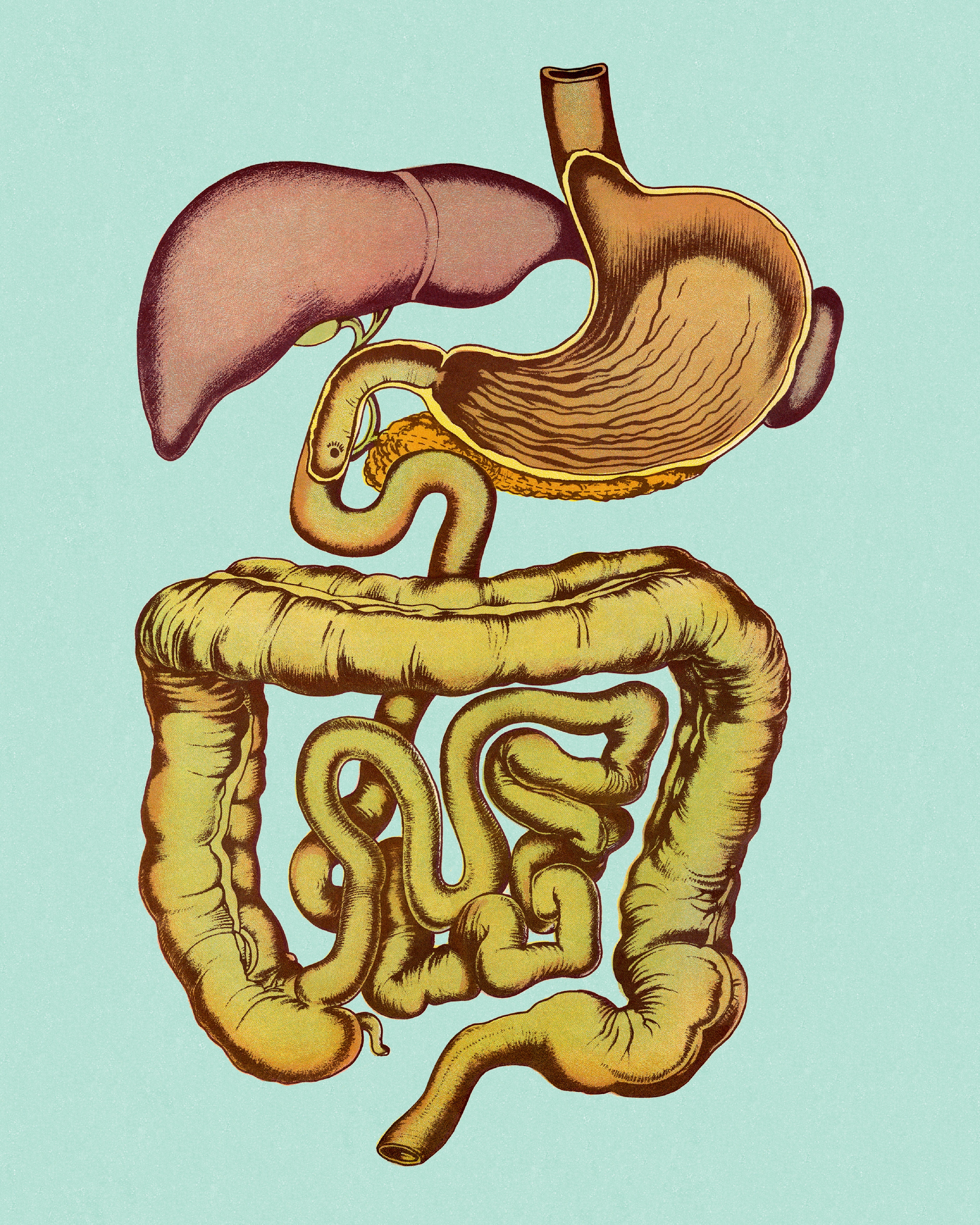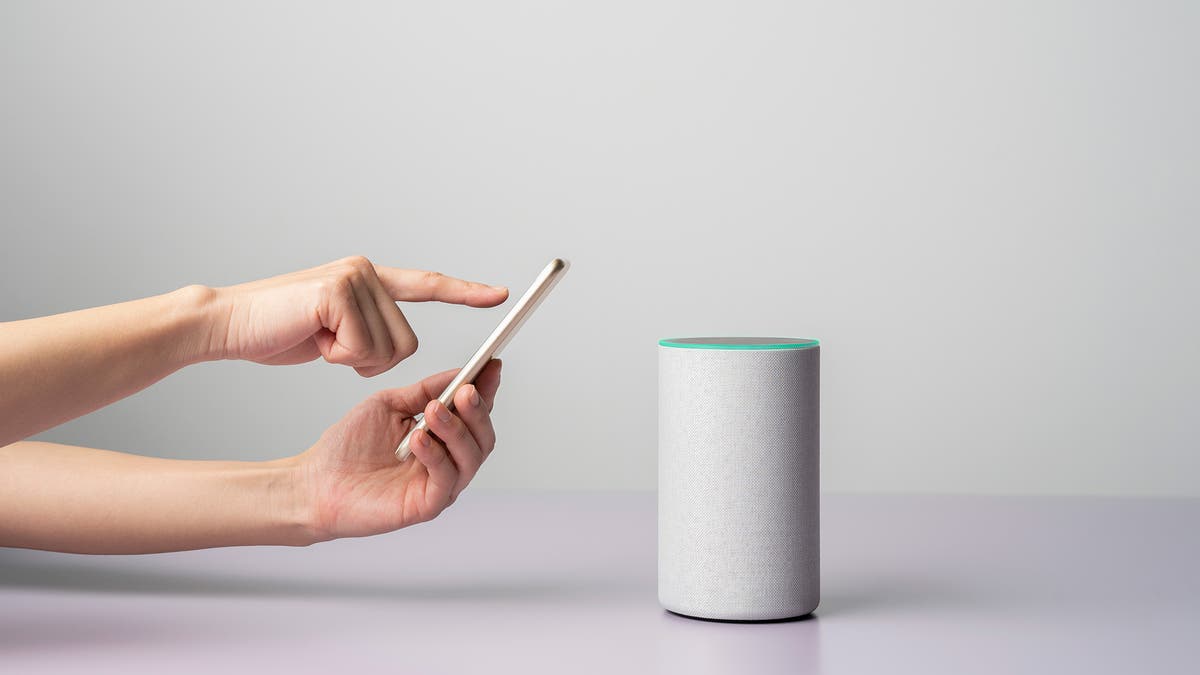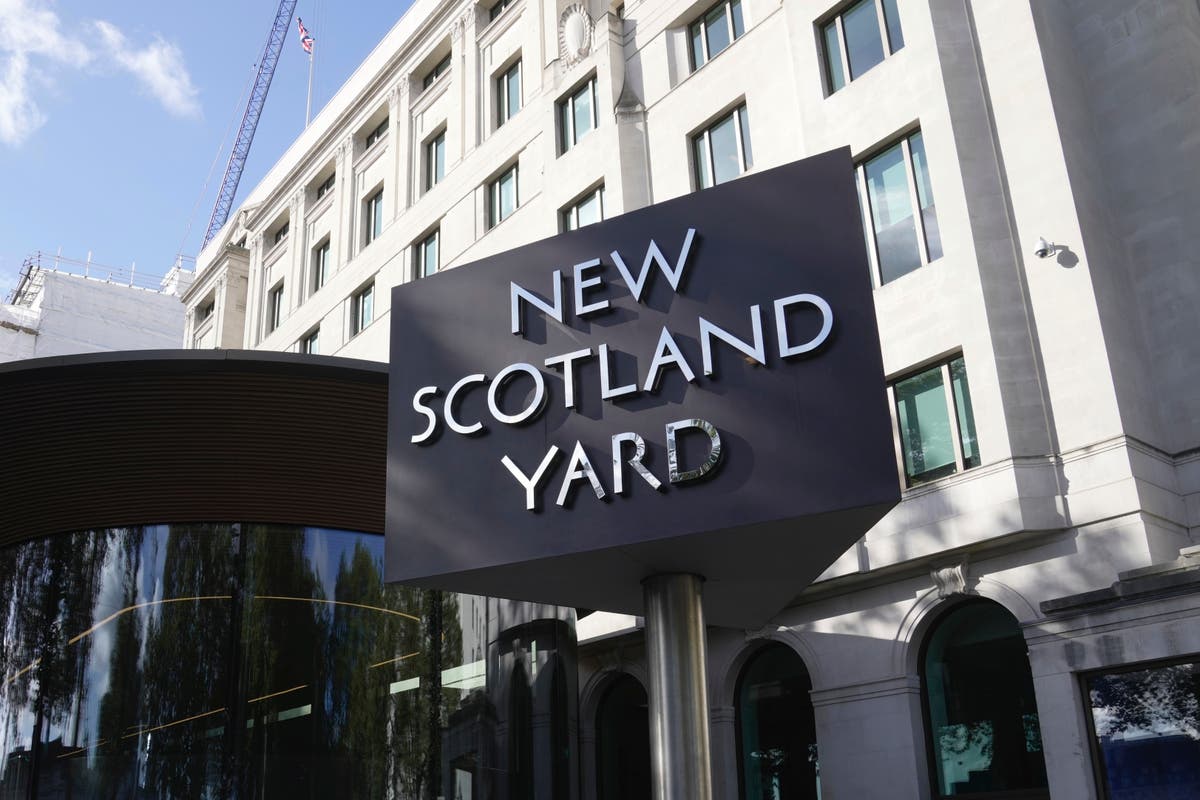This is what Dry January has really done to your body

The further we get into the 2020s, the cooler sobriety seems to get. A-listers from Lewis Hamilton to Demi Lovato, Tom Holland to Brad Pitt and many more have put down their beer boots and waxed lyrical about the love of their new clean-living lifestyles. Meanwhile, 26 per cent of Gen-Zers are reportedly now teetotal.
This year, a staggering 8.5 million sober-curious Brits attempted Dry January, but is the lure of the wagon really worth it?
“We know from research that the majority of those who take part are classified as ‘increasing risk drinkers’ which means they’re regularly drinking more than government guidelines,” says Professor Tony Rao, a consultant psychiatrist and alcohol use expert.
“It might seem impossible to make a difference in four weeks, but the research shows you can. People who give up alcohol for a month have a less fatty liver, lower blood pressure and, because their sleep improves, so does their concentration, memory and energy.” That’s just a taste of the benefits.
The Independent spoke to the experts to find out exactly how those who have completed 30 days of not drinking have impacted their bodies.
1. Improved mood
Alcohol use is a short-lived high that over time makes low mood more likely. “Every day you drink you’re going through a withdrawal process from alcohol,” explains David Nutt, professor of neuropsychopharmacology at Imperial College London and author of Drink? The New Science of Alcohol and Your Health.
“That’s a huge stressor on your body, especially your mood. It increases the stress hormone noradrenaline and decreases cortisol which can lead to stress, anxiety and depression. Those effects make your mental health worse over time, but they also seem to lift over about a week or so when you stop.”
And if you think “withdrawal” only applies to problem drinkers, think again. “Even a couple of glasses of wine on a Friday or Saturday night can cause the withdrawal effects of waking up in the small hours and feeling anxious or depressed the next day. It may even be worse if you used to drink more, because you’ve lost tolerance and you may have become more sensitive to the acute intoxicating and withdrawal effects of drinking.”
2. Improved memory
“Even drinking just slightly above the 14 units a week can decrease the size of your hippocampus, the part of your brain that stores memories,” says Prof Rao. In fact, according to a study published in the British Medical Journal in June 2017, done with 10,000 British adults over 30 years, even moderate levels of drinking (anything over seven units) is associated with a steeper decline in cognitive skills and increased risk of adverse brain outcomes.
3. You could be biologically younger
Alcohol can affect the ageing process by shortening your telomeres, according to a 2022 study from Oxford Population Health published in Molecular Psychiatry. Telomeres are repetitive DNA sequences that cap the end of chromosomes, protecting them from damage and shorter telomeres are considered a sign of biological ageing.
Drinking more than 29 units weekly (about 10 250ml glasses of 14 per cent ABV wine) was associated with losing 1-2 years of biological ageing. According to the study, drinking about 17 units a week (about five 250ml 14 per cent ABV wines) was enough to shorten your telomeres.
We still don’t know for sure how 30 days of sobriety can affect your telomeres but over time, the benefits are likely to build. “These findings support the suggestion that alcohol, particularly at excessive levels, directly affects telomere length,” says Dr Anya Topiwala, a consultant psychiatrist at Oxford Population Health who worked on the study. “Shortened telomeres have been proposed as risk factors behind severe age-related diseases, such as Alzheimer’s. The dose of alcohol is important – even reducing drinking could have benefits.”
4. A regenerated liver
“Every time your liver filters and breaks down a unit of alcohol, some of the liver cells become inflamed and die,” says Debbie Shawcross, professor of hepatology and chronic liver failure from King’s College London. “Alcohol use causes the liver to become fatty. The liver has an ability to regenerate but prolonged excess alcohol use reduces this ability and induces scarring which causes the liver to shrink and become stiff. This is called liver cirrhosis and can’t be reversed.”
What happens to your body after Dry January?
In 2019, a landmark study from the University of Sussex surveyed over 6,000 participants and found:
86 per cent had saved money
81 per cent felt more in control of their drinking
71 per cent were sleeping better
67 per cent had more energy
65 per cent had generally better health
58 per cent had lost weight
57 per cent had better concentration
54 per cent had better skin
It’s estimated that alcohol-related fatty liver disease develops in 90 per cent of people who drink more than 40g of alcohol (or four units) a day. That’s roughly the equivalent of two medium (175ml) glasses of 12 per cent ABV wine, or less than two pints of regular strength (4 per cent ABV) beer. Not much, eh?
While you can’t see any of this damage, hitting your liver hard in this way affects all the other functions in your body, Prof Shawcross explains. “The liver is the ‘powerhouse’ of the body. It’s responsible for an array of vital functions that help support metabolism, fight infections, manufacture proteins, aid digestion, remove toxins and store vitamins. The healthier the liver is, the better we will feel.”
But can you really make a difference in a month? “The liver starts regenerating itself within two to three days,” she says. “In fact, liver experts recommend that you give your liver a regular break from alcohol and have two to three alcohol-free days each week, ideally all in a row.”
5. Improved sleep and concentration
“Alcohol suppresses Rapid Eye Movement or REM sleep,” says Prof Rao. That’s the sleep stage where you dream which is needed for laying down new memories and consolidating emotions from the day. While alcohol can help us get to sleep, it’s unlikely to help us move into the restorative stage of deep sleep, because its withdrawal effects cause us to wake.
“People who don’t sleep well have difficulty laying down new memories,” Prof Rao continues. “That leaves them not only fatigued the next day, but also lacking mental clarity. After a month of not drinking people find their sleep is deeper and more consistent, their memory has improved, their concentration is better and generally they feel a lot more invigorated.”
6. Skin looks better
“After 30 days of not drinking, you’ll get improved skin hydration and nutrients into the skin allowing the body to restore that radiant skin glow,” says Dr Zainab Laftah, consultant dermatologist and British Skin Foundation spokesperson. “You will look less puffy, particularly around the eyes. The skin will also look less flushed, less congested and more smooth. Acne, rosacea, and psoriasis will also improve and cutting out alcohol long term reduces the risk of skin cancers, skin discolouration, sagging and wrinkles.”
Alcohol reduces the production of anti-diuretic hormone, so you lose water and sodium more quickly, leaving your skin looking dehydrated. “Alcohol is also a vasodilator which causes blood vessels to relax and open which is why you get flushing,” says Dr Laftah. “Chronic alcohol consumption can lead to a persistent red flushed face, cracks in corners of the lips, psoriasis and eczema and skin ageing. It also causes inflammation, which can result in facial puffiness.”
7. Lost weight
The average pint packs in 200 nutrition-less calories and a large glass of wine the same. “Calories from alcohol, if they’re [in] excess, will store as fat. And for a lot of people, fat is stored around the intestines,” says Prof Nutt.
But alcohol also disrupts your appetite and one study found we eat a staggering 30 per cent more food when we drink. “Alcohol prompts the release of a hormone called ghrelin which makes you want to eat,” says Prof Nutt. Sleep disruption also releases ghrelin so you’re hungrier the next day.
After 30 days of not drinking, it’s common to see people lose weight, says Kirsten Jackson, consultant dietitian and spokesperson for the British Dietetic Association (BDA). “Drinking alcohol typically comes with a whole host of ‘unhealthy’ habits which collectively impact weight too – poor food choices, poor mental health and poor sleep.”
So what does she suggest if we want to go back, moderately? “The ultimate goal is to drink as little as possible while also being realistic,” she says. “The better drink to go for is a single spirit with a mixer as this is only one unit of alcohol in comparison to a glass of wine which could be up to three units.”

8. A healthier gut
Many of us have experienced the next-day consequences of excessive alcohol consumption – upset stomach, bloating, flatulence and diarrhoea. “But what’s surprising is how connected the negative effects of alcohol may be to our gut microbiome,” says Will Bulsiewicz, gastroenterologist and US medical director of the ZOE app. Changes in the gut microbiome occur before liver disease shows up, he explains. Plus, using alcohol alters the ability of our gut microbiomes to produce chemicals our bodies need to keep our immune systems healthy and fight inflammation – two key roles of healthy gut bacteria.
You can affect your gut health in a really short time by not drinking. In a 2020 study, abstinence from alcohol and a shift towards a more healthful diet reversed the damage to the microbiome and improved gut diversity (a measure of health) over the course of four weeks. “The bottom line is that the gut microbiome is forgiving, so 30 days of abstinence can facilitate a shift towards a healthier gut,” Dr Bulsiewicz explains.
9. Reduced risk of cancer
In May 2017, a fascinating study showed the difference you can make to your cancer risk by not drinking for just four weeks. Published in BMJ Open, it found that 90 per cent of the study participants were seen to have a rapid decrease in cancer growth factors (chemical messengers associated with cancer progression) in their blood after just four weeks of not drinking.
“Cancer is one of those things that even drinking small amounts can start to produce changes in the different cells in your body being constantly stimulated by this carcinogen [alcohol],’ says Prof Rao. In fact, according to Alcohol Change UK (who started the Dry January campaign) in the four weeks off drinking you may have reduced your risk of two cancers particularly associated with alcohol use – breast and colorectal.
10. High blood pressure returns to normal
If you’ve got high blood pressure, there’s a good chance it will have started to come down by the end of Dry January. Research has found that just four weeks without a drink can be enough to start lowering both blood pressure and heart rate.
“A significant proportion of high blood pressure is due to drinking too much,” says Prof Nutt. “Alcohol is a powerful stressor; a toxin. It’s inflammatory and it increases your [stress hormone] adrenaline. Then it gives you shorter sleep, racing heart, headaches and hangovers – all stressors which are bad news for people with high blood pressure.”
Source: Independent















